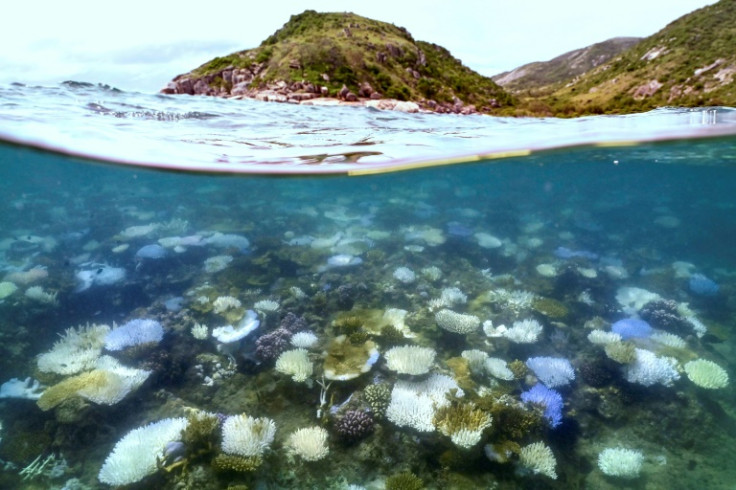UNESCO Urges Australia To Ramp Up Climate Measures To Save Great Barrier Reef

The United Nations Educational, Scientific and Cultural Organization (UNESCO) has urged Australia to take immediate action to fight climate change and update its targets to save the Great Barrier Reef from repeated bleaching events.
Even though UNESCO has not categorized the reef as "in danger," it did urge Australia to step up its efforts to safeguard the world heritage site and meet its climate goals.
With a deadline of February 2025, the organization has asked Australia to provide progress reports. If changes are deemed insufficient, a critical assessment in 2026 may result in the reef being listed as an endangered heritage site, UNESCO said, according to The Guardian.
Australia has complied with UNESCO's recommendations and acknowledged improvements in water quality and marine conservation programs. Nonetheless, issues with emissions limitations and land management techniques that impact the health of the reef still exist, as per DW.
"Urgent and sustained action is of utmost priority," the United Nations' cultural organization said in a draft decision released late on Monday, DW reported.
"The current bleaching occurs as part of the fourth global mass bleaching, which is likely impacting at least 30% of the world heritage-listed coral reef properties, and the implications across the world heritage system will also need to be considered further," UNESCO experts wrote, The Guardian reported.
Australia's environment minister, Tanya Plibersek, called the UN agency's suggestions "a huge win" for Queensland and the people working toward restoring the reef.
Because of the Great Barrier Reef's biological significance and abundant biodiversity, millions of tourists visit it each year. Its continued survival is reliant on global preservation projects' primary goal of slowing down climate change.
Environmental organizations like the Climate Council, Greenpeace, and the World Wide Fund for Nature are pleading with Australia to stop creating new fossil fuel projects. They claim that every new gas and coal plant increases the amount of climate pollution, endangering the Great Barrier Reef.
These groups emphasize that Australia has to accelerate the transition to renewable energy sources and increase its efforts to cut emissions to preserve the reef's future.
© Copyright 2025 IBTimes AU. All rights reserved.





















